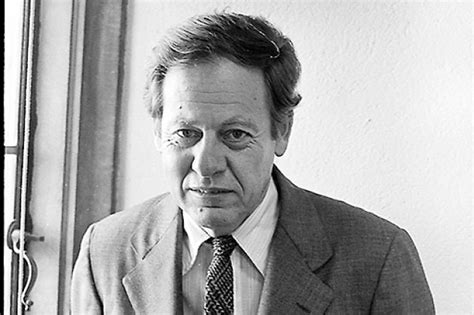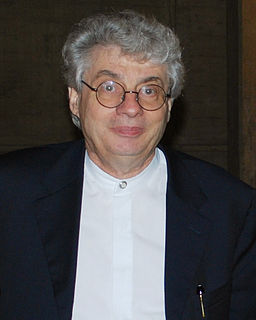A Quote by E. M. Forster
What is wonderful about great literature is that it transforms the man who reads it towards the condition of the man who wrote.
Related Quotes
Have been reading "Genesis" several Sundays, not as a Christian reads for "spiritual consolation," "instruction," etc., not as aninfidel reads to carp and quarrel and criticize, but as one who wishes to be informed and furnished in the earliest and most wonderful of all literary productions. The literature of the Bible should be studied as one studies Shakespeare, for illustration and language, for its true pictures of man and woman nature, for its early historical record.
I think that Poe is so resonant because he represents that part of us that is in misery or sorrowful or wants to explore the darkness. He wrote a great story called 'The Imp of the Perverse' about the instinct towards self-destruction. Poe is the godfather of Goth literature and that whole movement.
Most British playwrights of my generation, as well as younger folks, apparently feel somewhat obliged to Russian literature - and not only those writing for theatres. Russian literature is part of the basic background knowledge for any writer. So there is nothing exceptional in the interest I had towards Russian literature and theatre. Frankly, I couldn't image what a culture would be like without sympathy towards Russian literature and Russia, whether we'd be talking about drama or Djagilev.




































